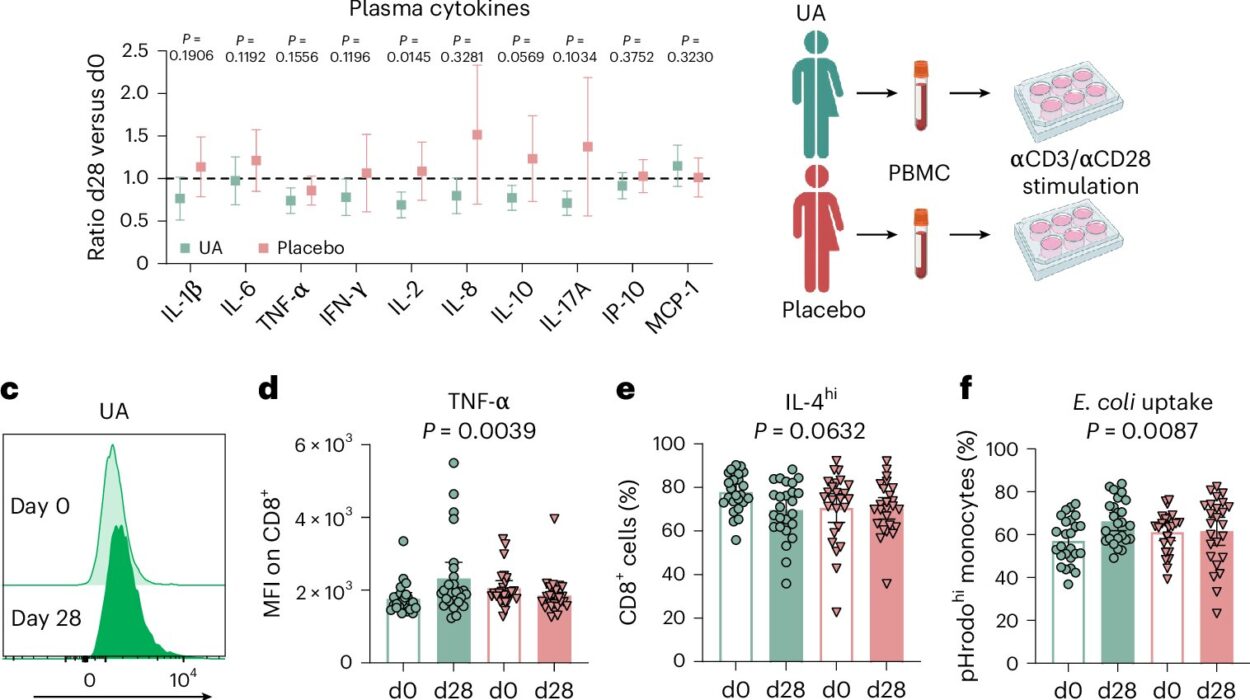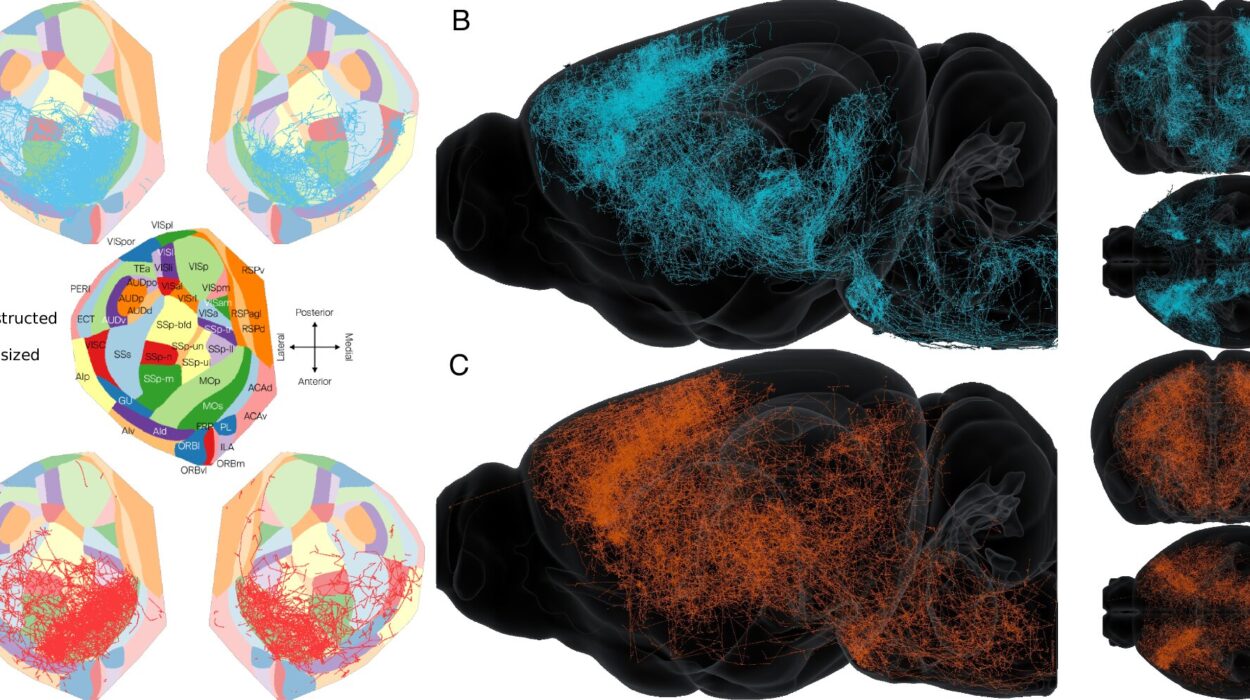For millions of people around the world, migraines are not just headaches—they are life-altering storms of pain, nausea, sensitivity to light, and mental fog that can steal hours, days, and even weeks from everyday life. Affecting roughly 15% of the global population, migraines often strike without mercy, leaving behind frustration and exhaustion. Despite an expanding arsenal of medications, many chronic sufferers find no lasting relief. For some, existing drugs bring little more than side effects. For others, they bring nothing at all.
But a new pilot study from Italy offers a flicker of hope. In an unexpected twist, a class of drugs originally developed for diabetes and popularized by weight loss treatments—GLP-1 receptor agonists—may also be powerful tools in fighting chronic migraines. The same biological pathway that helps regulate blood sugar could now help restore balance inside the skull.
And at the heart of this discovery is a familiar name: liraglutide.
The Unlikely Candidate: Liraglutide’s Journey from Diabetes to Brain Pain
Liraglutide, a GLP-1 receptor agonist, is best known under brand names like Saxenda and Victoza. It mimics a hormone in the body that controls insulin and satiety, helping to manage both blood sugar and appetite. It’s been widely prescribed for people with Type 2 diabetes and, more recently, for those seeking to lose weight. But Italian researcher Simone Braca and his colleagues began asking a different question: could this same class of medication calm the raging tides of chronic migraine?
In a study published in Headache: The Journal of Head and Face Pain, Braca’s team recruited 31 participants—26 women and 5 men—all of whom suffered from chronic migraines and obesity. Each participant began a 12-week course of liraglutide. Alongside their daily routine, they were asked to keep a headache diary, carefully noting when migraines struck and how severe they were.
The results? Nothing short of remarkable.
A Breakthrough in Numbers—and Relief
At the start of the study, participants were enduring around 20 migraine days per month—essentially, two-thirds of their lives spent in pain. By the end of 12 weeks, that number had dropped to just 11 days per month. This reduction was more than just a shift in statistics—it was the first real reprieve for many of the participants after years of failed treatments.
Fifteen participants experienced at least a 50% reduction in migraine days. Seven saw their migraines reduced by 75%. One participant reported something that must have felt like a miracle: complete relief—zero migraines at all during the final stretch of the study.
While some reported mild side effects such as nausea or constipation, these symptoms faded with time and did not interfere with the study’s outcome. Compared to the often harsh side effects of conventional migraine drugs, this new approach offered relief with a softer touch.
More Than Just Weight Loss
The connection between obesity and migraines has long been established. Heavier body weight tends to correlate with more frequent and severe migraine episodes, and weight loss has been shown to ease symptoms in many cases. But the surprising element in Braca’s study is this: the participants didn’t lose significant weight.
Over 12 weeks, their average BMI dropped only slightly—from 34.0 to 33.9—a change too small to explain the dramatic reduction in migraine frequency. So if weight loss wasn’t the mechanism behind the improvement, what was?
The Mystery of Pressure in the Brain
One clue may lie deep within the skull.
Scientists have long suspected a link between elevated intracranial pressure (ICP)—the pressure inside the head caused by cerebrospinal fluid—and migraines. In some cases, draining this fluid through a spinal tap (or lumbar puncture) can offer immediate relief. In fact, Braca’s team referenced a separate study in which exactly that happened: CSF was drained, and the patient’s migraines disappeared.
Could liraglutide be quietly lowering ICP?
The researchers think it’s possible. GLP-1 receptor agonists may influence the balance of cerebrospinal fluid in the brain, potentially easing pressure that can trigger chronic headaches. However, the study did not directly measure ICP, so this remains a well-supported hypothesis rather than a confirmed mechanism.
Without a control group and with such a small sample size, the authors are cautious. But the signal is strong enough to merit more investigation.
A Turning Point for Chronic Migraine Sufferers?
For people who live under the shadow of chronic migraine—when every day is a coin toss between function and pain—any new treatment option offers hope. And this one comes from an unexpected place. The idea that a medication already on pharmacy shelves for diabetes and weight loss might also soothe the brain’s most excruciating storms is thrilling.
Still, researchers emphasize the need for larger, placebo-controlled studies. Future research should also measure intracranial pressure directly to explore the brain’s response to GLP-1 receptor agonists. There’s much more to learn. But the early signs are promising.
As Braca and his colleagues put it, “future research should evaluate these parameters to better elucidate liraglutide’s mechanism of action in these patients.”
Science, Serendipity, and the Next Chapter
History is filled with stories of medical discoveries born from unexpected places—penicillin from mold, chemotherapy from mustard gas, Viagra from failed heart drugs. This potential new chapter in migraine treatment might follow the same pattern: a drug designed for one purpose finds its calling in another.
Whether liraglutide becomes a new frontline treatment for chronic migraine or simply lights the path toward a deeper understanding of the condition, the impact of this study is already rippling across the scientific community.
For now, it offers what so many migraine sufferers need most: validation, possibility, and hope.
Reference: Simone Braca et al, Effectiveness and tolerability of liraglutide as add‐on treatment in patients with obesity and high‐frequency or chronic migraine: A prospective pilot study, Headache: The Journal of Head and Face Pain (2025). DOI: 10.1111/head.14991






